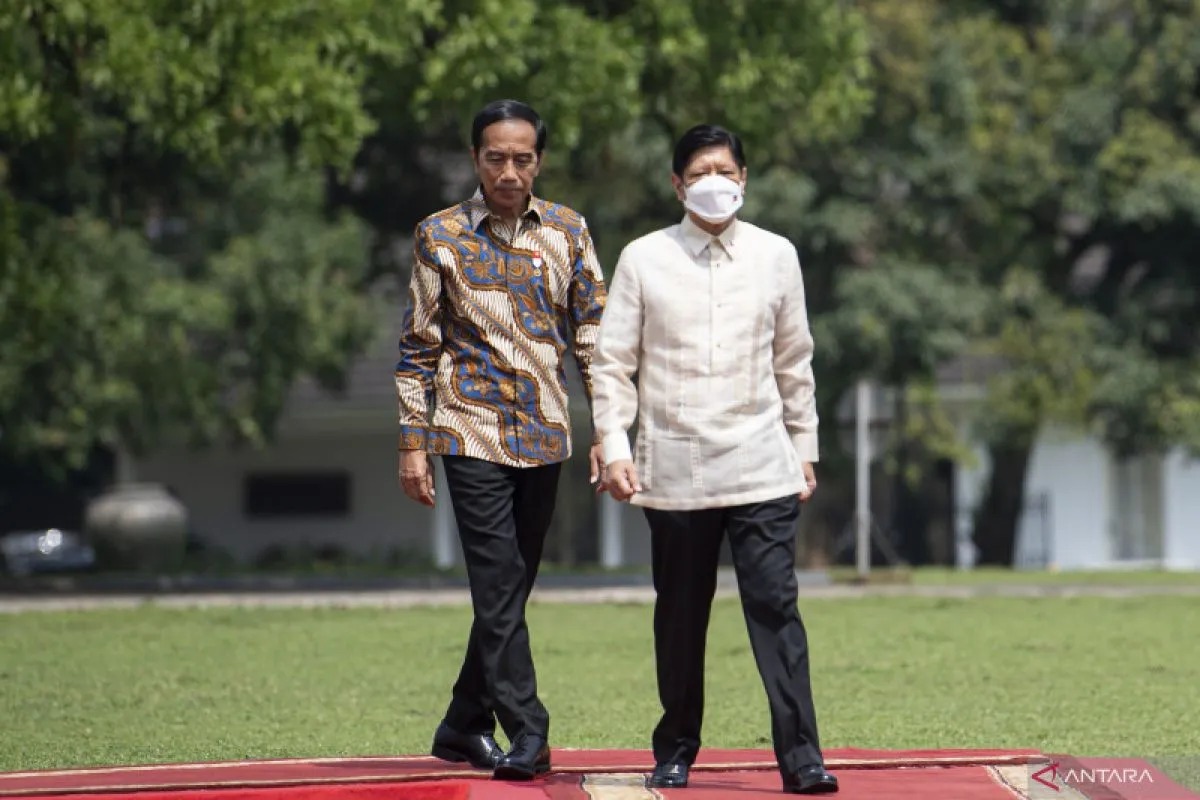Indonesia and the Philippines have reaffirmed their commitment to strengthening regional cooperation in combating online sexual exploitation of children. This was demonstrated during a strategic meeting at the Philippine Internet Crimes Against Children Center (PICACC) on 15 July 2025, attended by Indonesia’s Directorate of Women and Children Protection (PPA) and Eradication of Human Trafficking (PPO) of the Criminal Investigation Agency (Bareskrim Polri). The Indonesian delegation was joined by representatives from the Indonesian Child Protection Commission (KPAI), the International Relations Division (Divhubinter), Cyber Crime Directorate (Dittipid Siber), and liaison officers from the Australian Federal Police (AFP). The meeting served as a concrete diplomatic step in addressing increasingly complex online threats against children in the digital era.
Brigadier General Nurul Azizah, Director of PPA and PPO Bareskrim Polri, emphasized the critical role of international collaboration in building an adaptive child protection system. She noted that cybercrimes against children do not recognize borders, making transnational cooperation essential. Brigjen Nurul also highlighted Indonesia’s “Rise and Speak” program, which empowers victims, witnesses, and communities to report cases of violence and exploitation. The initiative underscores the importance of community involvement in addressing child protection challenges.
On the Philippine side, Assistant Chief of PICACC’s Anti-Trafficking in Persons Division (ATIPD), Police Lieutenant Colonel (PLTCOL) Ayn E. Natuel, reported that the center has handled 580 case referrals, conducted 310 operations, apprehended 178 perpetrators, and rescued 823 child victims of online sexual exploitation. Acting Chief of the Philippine Women and Children Protection Center (WCPC), Police Brigadier General (PBGEN) Maria Sheila T. Portento, reiterated that child protection is a humanitarian issue that transcends national boundaries. She praised Indonesia’s presence as a sign of shared commitment to enhancing regional cooperation, exchanging best practices, and building a more integrated response. The statistics and testimonies underscored the urgency and scale of the issue in the region.
The meeting reaffirmed the mutual commitment of Indonesia and the Philippines to strengthen law enforcement diplomacy and cross-border investigative cooperation. It also called for the establishment of more responsive child protection standards to keep pace with evolving digital threats. Both nations recognized the importance of institutional collaboration, capacity building, and community engagement in tackling this form of exploitation. As cyber threats against children grow more sophisticated, such regional alliances are vital to safeguarding vulnerable populations across Southeast Asia.
Alexander Jason – Redaksi



